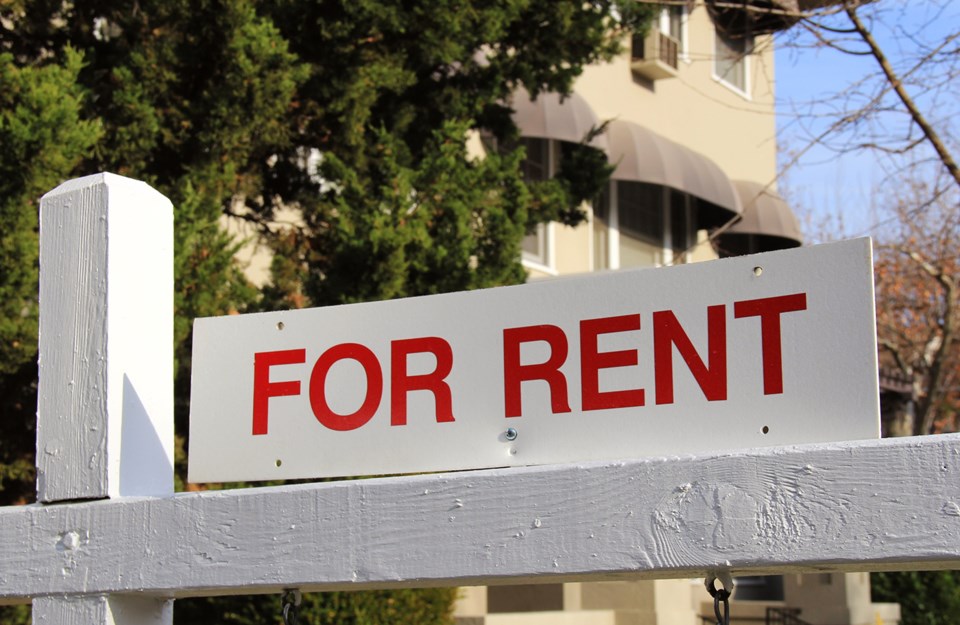The latest recommendations from British Columbia’s Rental Housing Task Force go a long way toward striking a balance between the needs of renters and the financial requirements of landlords.
Under the proposed recommendations, landlords would not be able to increase rents higher than the rate of inflation.
But they can still raise rents higher if they can prove more is needed to cover maintenance and other costs. This is an important consideration for landlords opposed to smaller rent hikes.
On Wednesday, Premier John Horgan made an announcement that he was accepting and implementing the task force’s recommendations.
Currently, the rent hike formula is inflation plus two per cent, a ceiling that has been in place since 2004 and has resulted in some hefty rent increases.
For example, next year, renters are facing increases of up to 4.5 per cent as the allowable rate set by the Residential Tenancy Branch; this year, it was a four per cent hike and, in 2017, landlords could boost rents by 3.7 per cent.
Obviously, some landlords will not be happy with a reduction in potential increases and many might have to review their entire business plan.
It’s true this change to the rent-control formula would be a blow to landlords because it gives them less flexibility, and possibly less incentive, to build and maintain rental accommodation. On the other hand, renters do not have access to a money tree and, it could be argued, have even less flexibility with their finances. Rents typically make up 30 to 50 per cent or more of the average salary and average rent hikes of 4 per cent or more — without corresponding improvements or any justification — are not sustainable.
Clearly, these kinds of rent controls need to be done in concert with a broader program to improve housing affordability, including support for co-op housing, subsidies for seniors and others on fixed incomes, as well as more funds for the construction of non-market housing for people with limited incomes.
As well, the government should continue to look at tax incentives and other mechanisms to increase the number of rental apartment units in communities where rental stock may be under pressure to redevelop into condos.
These rent hike guarantees will help with affordability, but they can’t be the only tool to ensure there is decent housing for people who have chosen to live and work in the Lower Mainland.



